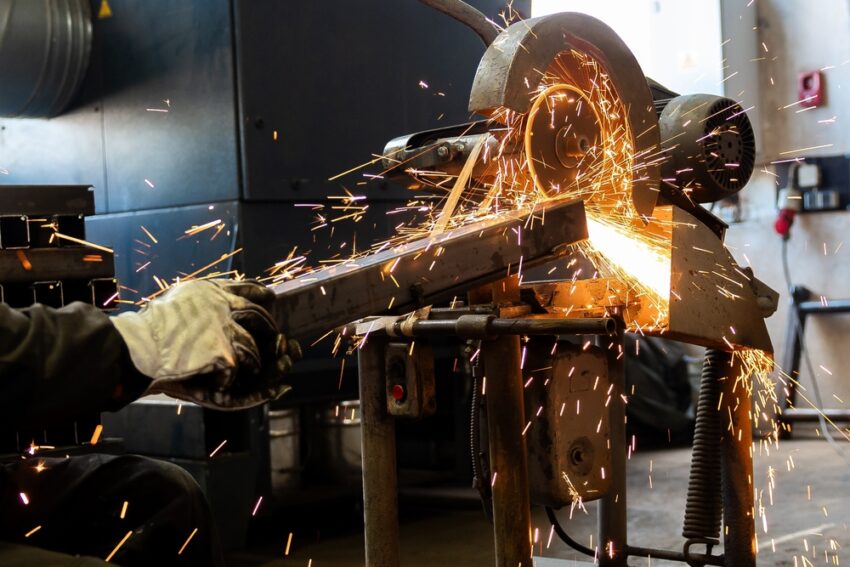Manufacturers supplying Britain’s defence, automotive, aerospace and construction sectors have warned that businesses will collapse after government-approved energy charges are set to double.
From October 1, standing charges and levies on industrial electricity bills will begin to rise sharply, with the full increase landing in April. Energy brokers said non-commodity costs – the fees for using the grid and funding subsidies – will make up as much as 65% of firms’ total bills, regardless of how much electricity they consume.
For a company paying £300,000 a year for power, standing charges will jump from £32,000 to £64,000. Businesses will also be hit with a new levy from November to fund construction of the Sizewell C nuclear plant.
The Confederation of British Metalforming (CBM) warned the hikes would wipe out firms already under strain. Stephen Morley, the group’s president, said: “We will end up getting to net zero by having no industry. We will lose companies over this, without a doubt. They cannot afford this increase.”
While heavy industries such as steel and ceramics benefit from the Energy Intensive Industries subsidy, thousands of other firms in heat treatments, forgings and sheet metal manufacturing are excluded. Those businesses form crucial links in national supply chains but are left shouldering costs that subsidise competitors.
Tim Jewitt, who runs Sheffield-based Footprint Tools – the UK’s last dedicated drop forge for hand tools – said his bills had nearly doubled even before the hikes. “Sixty per cent of our energy costs are not paying for electricity itself. That is wrong. This is driving manufacturing offshore and making us uncompetitive globally,” he said.
The government insists the charges are necessary to fund vital grid upgrades and secure Britain’s energy future. A spokesperson said: “We are protecting energy-intensive businesses from volatile fossil fuel markets. The only answer is clean, homegrown power to bring down bills for good.”
But brokers say the shock increase has been poorly communicated. “This has been dropped as a bombshell,” said Liam Conway of Greenfields Energy Group. “Businesses are left asking what costs they’ll have to bear before they see any benefit.”
Without action, ministers themselves concede more closures are inevitable. A consultation on the so-called British Industrial Competitiveness scheme is due, but details remain scarce.


